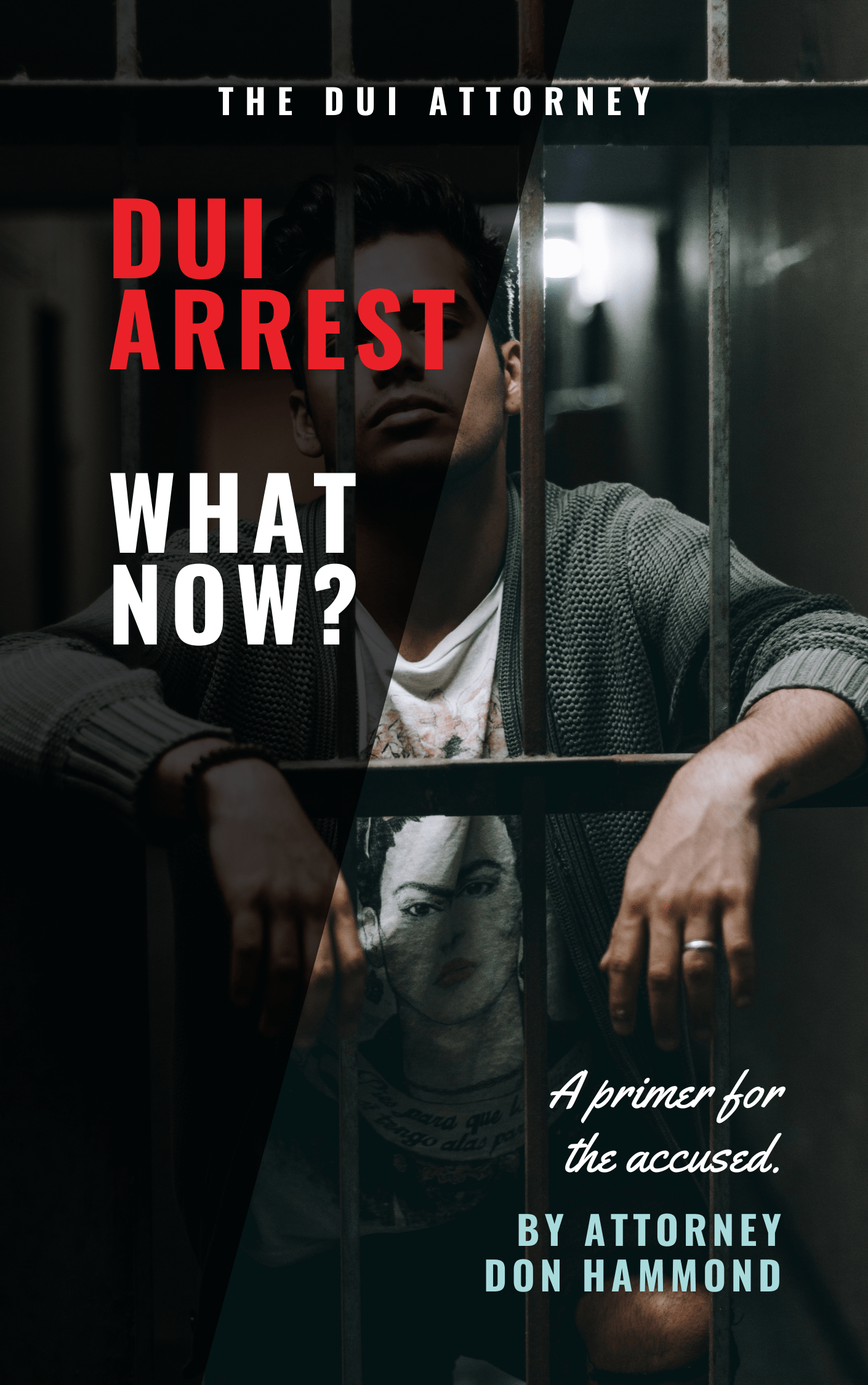
DUI convictions are one of the leading offenses in California. For some people, this involved an unfortunate encounter at a DUI checkpoint. However, there is a chance that some DUI offenders were also part of a hit and run offense. On their own, a DUI and hit and run are dangerous in the eyes of the law. Combined? The outcome can be catastrophic for the alleged offender.
DUI
We have, on several occasions, covered the topics on DUIs, such as a felony DUI, the minimum cost of a DUI, and the impact a DUI conviction can have on one’s career. But just in case, here’s a brief overview of what you should know about DUIs. DUI stands for driving under the influence of alcohol or drugs. As we also established in our Boating DUI article, the same charges can be applied to persons operating water vessels, not just driving road vehicles.
California has strict laws against DUIs with penalties ranging from 6 months in county jail to three years in state prison, up to $5,000 in criminal fines, and a license suspension of no more than five years. On top of this, a DUI conviction will be part of your criminal record, which will be available to employers and the public unless one takes the necessary steps to seal or expunge the record.
Hit and Run
As for a hit and run, the severity also depends on who or what was involved in the incident. First off, leaving the scene of an incident without notifying the owner or calling the police is what constitutes a hit and run. However, the extent of the damage to the property will also play a considerable role in sentencing. If the hit and run involved any bodily injury or death, the consequences will be much more severe.
Combined DUI Hit and Run
As we’ve mentioned above, a DUI hit and run can range from trivial to critical. For instance, if you hit someone’s mailbox and drive away and you happened to be drunk at that time, you are liable for DUI hit and run charges, although lenient. However, anything that involves injury to a victim or death has more severe penalties.
As a driver involved in a traffic incident, you have certain obligations to fulfill to the other party. First, you must notify the owner if their property is damaged. Even if the owner is not currently present at the scene, one must go the extra mile to make sure to leave one’s information to the owner. Second, in case a victim is injured, the driver is obligated to call for a first responder and assist the wounded. These duties apply to all types of collisions, and it doesn’t matter who was at fault. You may face charges for a DUI or reckless driving, but you do not want to have an additional hit and run charge to your DUI.
Sometimes, it can be challenging to prove that you were driving under the influence during your hit and run unless you are immediately caught. This is when investigators will rely on witness testimonies: how the defendant was driving, did someone see the license plate, or did someone observe the driver drinking before?
Penalties
Standard DUI hit and run penalties include the following:
- Between $1,000 and $10,000 in criminal fines
- Between two to four years in state prison if the incident caused severe injuries or death, as in the case of vehicular manslaughter
- Up to one year in jail for minor injuries
- Up to $1,000 in criminal fines if the incident involved only property damage
The court may also add penalties to the above mentioned like license suspension, probation, DUI school, or mandatory use of Ignition Interlock Device for some time.
Defenses for DUI hit and run
While it is illegal to leave the scene of a traffic incident before exchanging information with the other party involved, a great criminal defense lawyer can work a way around these charges using a few defenses. Here are some of the most common defenses:
- You did not damage another party’s property – If the accident only damaged your car and not someone’s property, it would not have been illegal to leave the scene.
- You can also argue that you were not aware of the damage. This is especially common if both parties were not aware that there was an incident in the first place.
- You were not driving – One of the things prosecution has to prove is that you were the one operating the vehicle at the time of the accident. If they cannot, you should be relieved of the charges.
- You did not willfully refuse to exchange information – If other factors made you leave the scene before you could exchange information, then you did not precisely go deliberately. For example, you could have been forced to flee the scene because you felt threatened by an angry mob.
In order to fight DUI hit and run charges successfully, your best chance is to retain the services of an experienced criminal defense attorney. You can request a consultation with our Criminal Defense Heroes by contacting us online or visiting our offices listed here in California.










